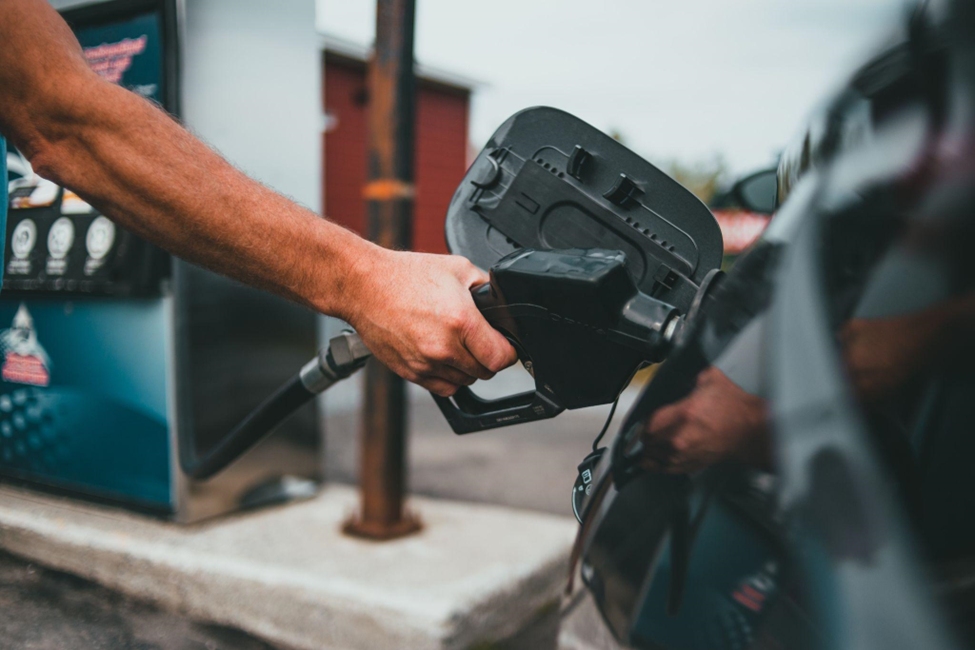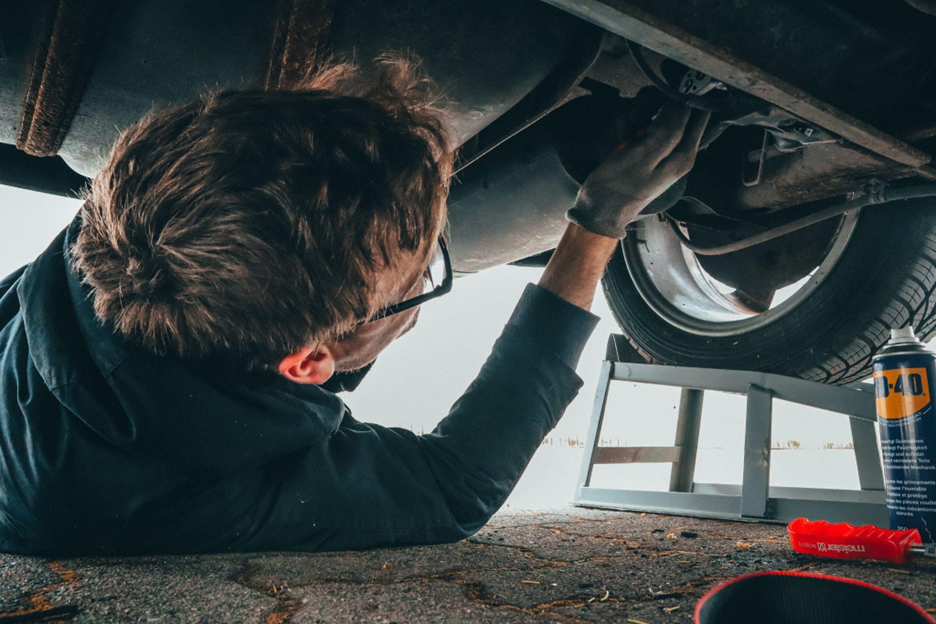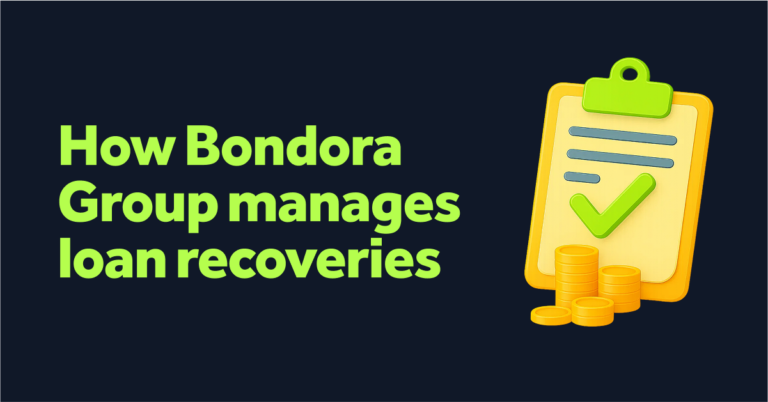With fuel prices skyrocketing across Europe and throughout the entire world, many people are beginning to seek alternatives to paying the outrageous price of petrol. The war in Ukraine and Europe’s reliance on Russian energy continue to be a point of contention and a significant factor influencing the cost of fuel.
There doesn’t seem to be an end in sight to the inflated prices at the pump. And if you commute to work, this price increase can have a severe effect on your budget. So, let’s look at how you can manage your finances regarding the high fuel prices?

Drive more efficiently
The way you drive and use your vehicle can take a toll on your fuel economy. Accelerating quickly, driving at high speeds, and idling for long periods can lead to fewer kilometers per liter of fuel. If you want to save money on fuel by filling up less frequently, avoid accelerating and braking aggressively. You can also reduce your fuel consumption by slowing down, since every eight km/h over 95 can cost you several additional cents per liter.
Avoid driving around with an excess weight
The heavier your car is, the worse your fuel economy becomes. Driving around with a spare tire is one thing, but you should avoid hauling around excess weight if you want to get the most out of every liter of fuel.
Consider car-sharing
Carpooling is a great way to get where you need to go while saving fuel and money. Ask your coworkers and friends if they’d like to carpool whenever possible. Members of a carpool can share expenses, making it more affordable for everyone, not to mention the added benefit of having company on your drive. Carpooling is a win-win situation for everyone involved, including the environment.

Use your windows instead of aircon
If your car doesn’t have electric air-conditioning, you should be mindful of how you use your AC. Using a car’s air conditioning consumes additional fuel, so it’s often best to roll down your windows when you want some cool air. Choosing to open the windows instead of turning on the A/C is a great way to improve fuel economy (except when you’re on the highway). If you’re traveling at high speeds, the drag caused by the air resistance can make air conditioning the more fuel-friendly choice.
Think about alternative means of transportation
Cars have become one of the most convenient means of transportation, but they certainly aren’t the only way to get around town. Instead of driving, think about alternative means of travel, like public transport methods, walking or cycling. If you can combine transportation and exercise, biking or walking can be excellent options for getting from A to B while promoting a healthy lifestyle.
Be diligent with your car’s maintenance
Though the primary reasons for keeping up with your car’s maintenance schedule include prolonging the vehicle’s life, you may be able to save on fuel through regular maintenance, too. Changing your oil as needed (and using the correct oil for your motor) can help keep your car running smoothly and save you 1-2 percent on fuel. In addition, properly inflated tires can improve fuel economy, saving you up to three percent.

Try a ‘staycation’ for your next holiday
High fuel prices don’t just affect road travel. If you’re planning a vacation, you may notice the increased fares on flights when fuel prices are high. Airlines must contend with rising fuel costs, too, which almost always get passed along to their customers in more expensive tickets.
Instead of flying, you may opt for a staycation, mainly if you live in a city. Many people find hundreds of activities in their hometown that they rarely have time to enjoy. A staycation can provide a fun and relaxing way to enjoy time off without the expense of having to pay for flights or fill up your tank for a road trip.
Think about hybrid or electric
If you’re in the market for a new car, it may be worth looking into a hybrid or electric vehicle, which offers the ultimate fuel savings. Plus, your country might offer you tax exemptions or reduced tax if you buy an environmentally-friendly vehicle. Hybrid and electric vehicles often come with a higher initial price tag, so you’ll have to do the math to determine if it’s a worthwhile investment for you.
In summary
The key to facing high fuel prices is to be aware, plan ahead, and think about alternative ways to avoid fuel consumption. The best way to deal with high fuel prices is to steer clear of driving and flying altogether, opting for alternative means of transportation like walking or using a bicycle. Other good options include taking public transportation or, at the very least, carpooling. While you can’t always avoid driving alone, you can try and do all your errands in one trip, make sure your car is maintained correctly, and take care to drive in a fuel-efficient way. By taking these small steps, you can help control the amount of money you spend on fuel, taking every liter further.


